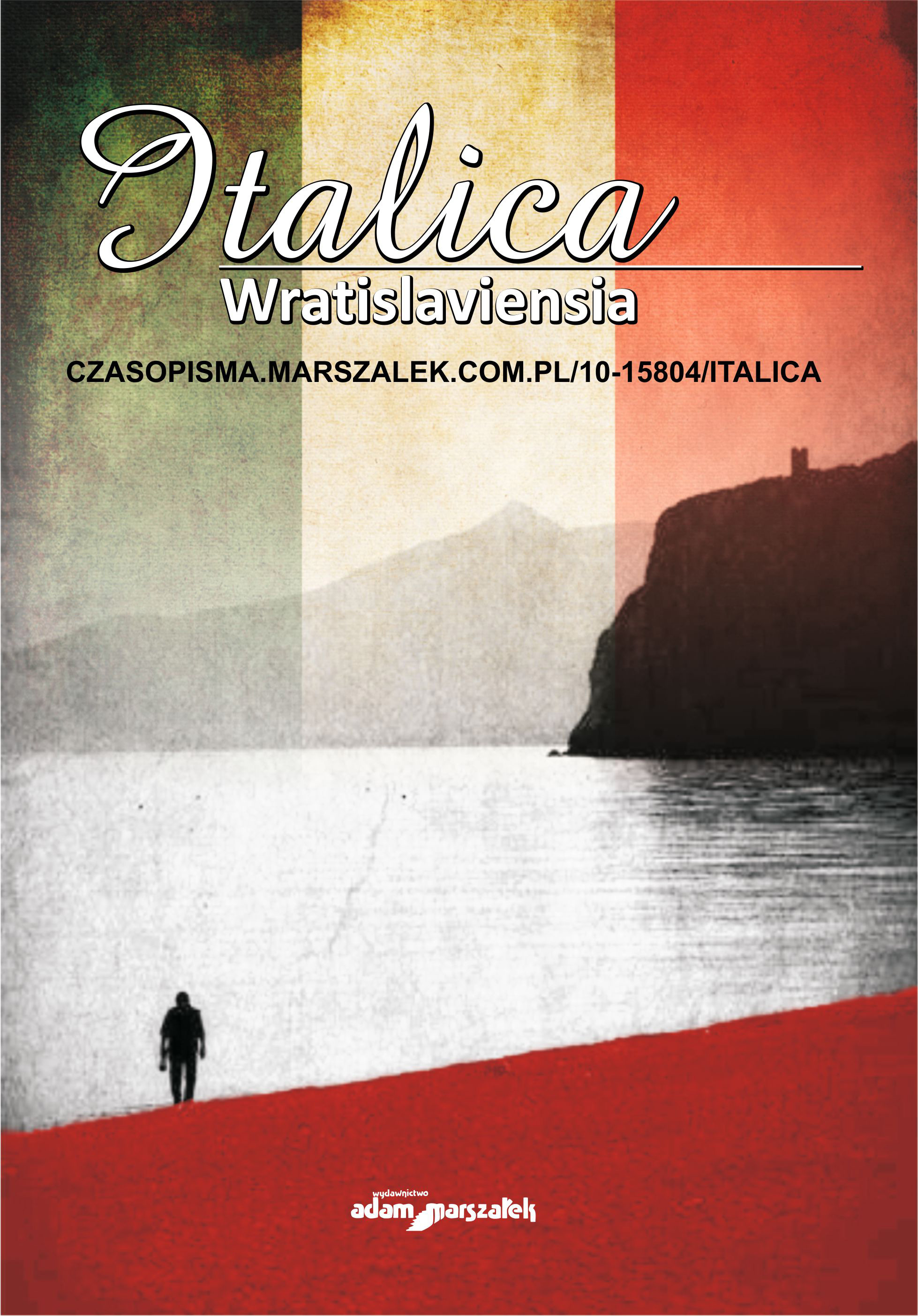Complessità del sistema dei tempi passati: italiano e bulgaro a confronto
Complexity of the System of Past Tenses: Comparison of Italian and Bulgarian
Author(s): Diana VargolomovaSubject(s): Language studies, Language and Literature Studies
Published by: Wydawnictwo Adam Marszałek
Keywords: complexity; past tenses; Bulgarian; Italian
Summary/Abstract: Comparative studies of complexity have recently provoked the growing interest oflinguists. In this paper, we compare the grammatical structures for the expression of past actionsin Italian and in Bulgarian, based on the theories of linguistic complexity. The linguistic structures’complexity is generally examined from two main points of view: 1) absolute complexity and 2) useror relative complexity. The research on absolute complexity aims to measure linguistic structureswith objective criteria, while the studies based on the second meaning of the term investigate thesubjective perception of individuals speaking or studying one or more languages; this latter approachis related primarily to language teaching. Even if each individual study generally favours only one ofthe two perspectives, we believe the correlations between the degree of structural complexity and thedifficulties for the user should be considered and measured. The proposed analysis, consequently, isbased on the comparison between the grammatical structures for the expression of the past but alsoinvolves an empirical study on the translation work from Italian into Bulgarian. Contrastive workconsists in the isolation and measurement of units, such as the number of tenses, modes, and rulesin the two languages, and is based on the students’ translation practices in Italian philology at SofiaUniversity St. Kliment Ohridski and the difficulties they experience when translating the past tenses.
Journal: Italica Wratislaviensia
- Issue Year: 14/2023
- Issue No: 2
- Page Range: 51-69
- Page Count: 19
- Language: Italian

